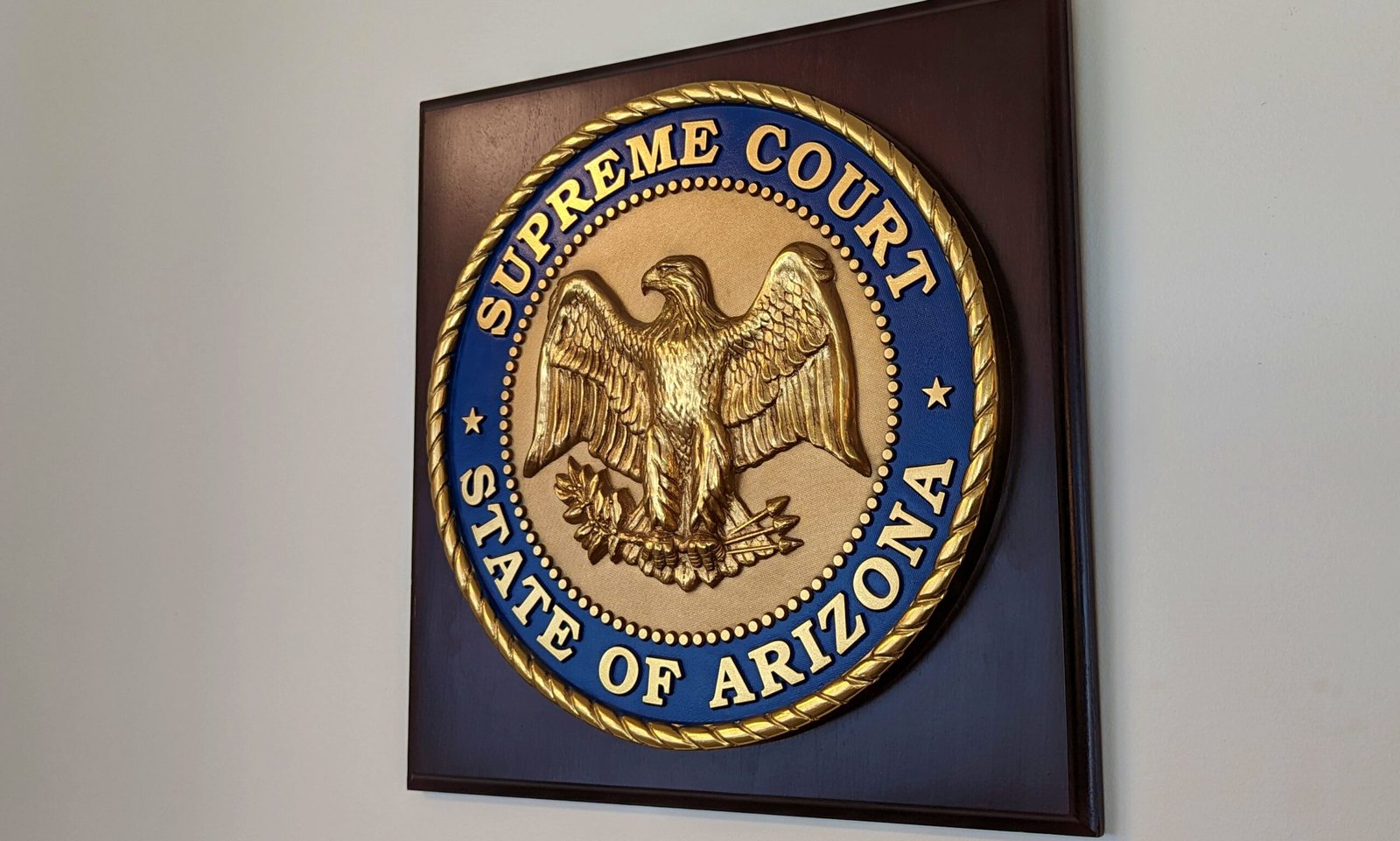2024 election
Abortion Rights Set for AZ Ballot as Supreme Court Dismisses Opponents’ Challenge

Arizona voters are set to decide on the future of abortion rights in the state this November after the Arizona Supreme Court rejected a last-ditch effort by anti-abortion groups to keep the question off the ballot.
Dawn Penich, a spokesperson for the Arizona Abortion Access Act campaign, hailed the court’s decision as a significant victory for voter empowerment. “This win means that Arizona voters will get to have our say and enshrine the right to access abortion in our state constitution,” she stated.
The initiative, known as Proposition 139, was challenged by Arizona Right to Life, which claimed the voter signatures collected were obtained through misleading tactics. The group, along with other anti-abortion organizations, also spearheaded a Decline to Sign campaign in an attempt to thwart the initiative.
Despite these efforts, the campaign successfully gathered a record-breaking number of signatures, with nearly 578,000 confirmed as valid—surpassing the required 383,923 for a constitutional amendment.
In court, Arizona Right to Life argued that a 200-word summary presented to voters was misleading. They contended it failed to communicate that the initiative could nullify existing abortion restrictions, including a 15-week gestational limit. This act ensures access to abortion up to fetal viability, typically at around 24 weeks, with exceptions for the health of the woman beyond that timeframe.
A Maricopa County Superior Court judge previously ruled in favor of the initiative, asserting that the summary complied with Arizona law. The Arizona Supreme Court upheld this decision, unanimously affirming that the summary accurately reflected the initiative’s provisions.
Chief Justice Ann Scott Timmer noted in a five-page ruling that the summary sufficiently detailed the core aspects of the Arizona Abortion Access Act, which establishes a fundamental right to abortion and protects those who assist in obtaining one.
The court rejected the argument that the summary should have clarified the relationship between the initiative and current laws. Timmer emphasized that Arizona law does not require such details in the summary and that voters would recognize the implications of the initiative.
Furthermore, Arizona Right to Life asserted that the summary omitted key information about the role of healthcare providers in facilitating abortions. The court dismissed these claims, asserting that a reasonable voter would understand that “health care provider” includes the physician involved in the woman’s care.
Ultimately, the arguments presented by Arizona Right to Life failed to meet the necessary threshold to prevent the abortion rights proposal from reaching voters. The justices deemed these issues more suitable for public debate rather than legal challenges.


















